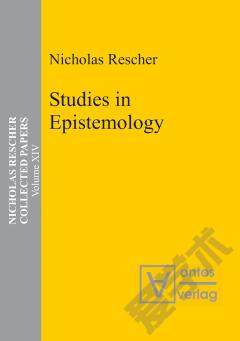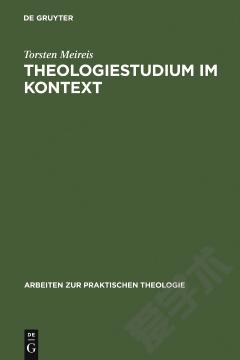Studies in Vedantism
A misconception Of the latitude allowed to philosophic systematisation may be traced in Dr. Thibaut's remarks on Sankara's doctrine of Maya. He tries to demonstrate that Sankara's doctrine Of Maya is nowhere to be found in the Upanishads except probably in an undeveloped form in a few doubtful passages, and contends that the doctrine should not, therefore, be read into other passages which are intelligible without it. Let it be granted for the present that the demon stration is satisfactory. Later on he admits that the doctrine Of the final absolute identification of the individual self with the universal self is indicated in terms of unmistakable plainness (p. 'cxxii) in the Upanishads. Now if the point were discussed as one of philosophy rather than Of historical scholarship, it would not be difficult to perceive that the doctrine Of M ciye'i is a necessary corollary of this doctrine of the individual being Brahman in Moksha (absolute liberation) for it is only in this identification that he realises that individuality was an illusion and that the distinction Of subject, Object, etc., possible only through this individuality, was an illusion too.
{{comment.content}}








 京公网安备 11010802027623号
京公网安备 11010802027623号